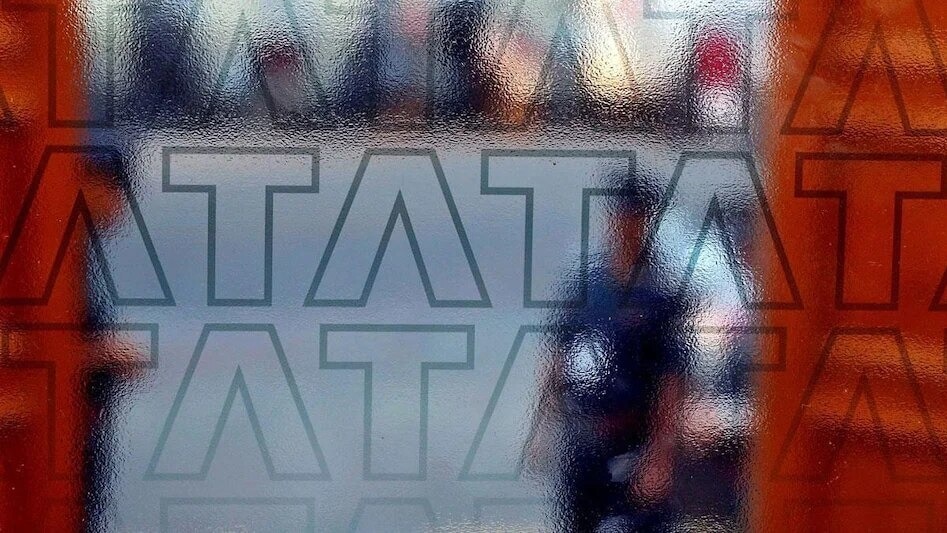Tata Trusts chairman Noel Tata, along with vice chairman Venu Srinivasan and trustee Vijay Singh, are unlikely to support the reappointment of Mehli Mistry as trustee ahead of his term expiring on October 28, a move that could escalate tensions and potentially trigger legal action within India’s most powerful philanthropic body, according to The Economic Times.
The paper, citing multiple people familiar with the development, said the trio is expected to convey their decision on Monday. Mistry, a trustee of both the Sir Dorabji Tata Trust (SDTT) and the Sir Ratan Tata Trust (SRTT) since 2022, is facing a contentious renewal vote. The two trusts together hold a 51% stake in Tata Sons, the holding company of the Tata Group.
A resolution for Mistry’s reappointment was reportedly moved on Friday by Tata Trusts CEO Siddharth Sharma, with trustees Darius Khambata, Pramit Jhaveri, and Jehangir HC Jehangir giving their approval. However, the lack of unanimous backing — a longstanding norm at Tata Trusts — has exposed deepening fractures within the institution’s leadership.
Business Today could not independently verify the claims made in the ET report. The story will be updated if Tata Trusts or any of the trustees issue a comment.
Tensions reportedly stem from Mistry’s alleged antagonism toward Noel Tata and certain nominee directors of Tata Sons, including Srinivasan and previously Singh. Mistry had also issued a conditional approval for Srinivasan’s reappointment last week, linking it directly to the approval of his own continuation — a move other trustees have dismissed as legally untenable.
Legal experts say the trust’s internal governance documents may not support such a conditional stance. “When a personal interest is involved, a conditional approval is generally considered unenforceable,” Ashish K Singh, managing partner at Capstone Legal, was quoted as saying in the report.
Unlike corporations governed by the Companies Act, trusts like SDTT operate under a blend of the Maharashtra Public Trusts Act, legacy trust deeds, and resolutions adopted over time. Notably, the Dorabji Tata Trust deed of 1932 allows decisions by a majority of present trustees, but tradition has favored unanimity — a standard that was first broken in September during the removal of Vijay Singh from the Tata Sons board.
Adding to the intrigue, Mistry is not only a long-time confidant of Ratan Tata but also a cousin of the late Cyrus Mistry and linked to the Shapoorji Pallonji Group — Tata Sons’ second-largest shareholder.


